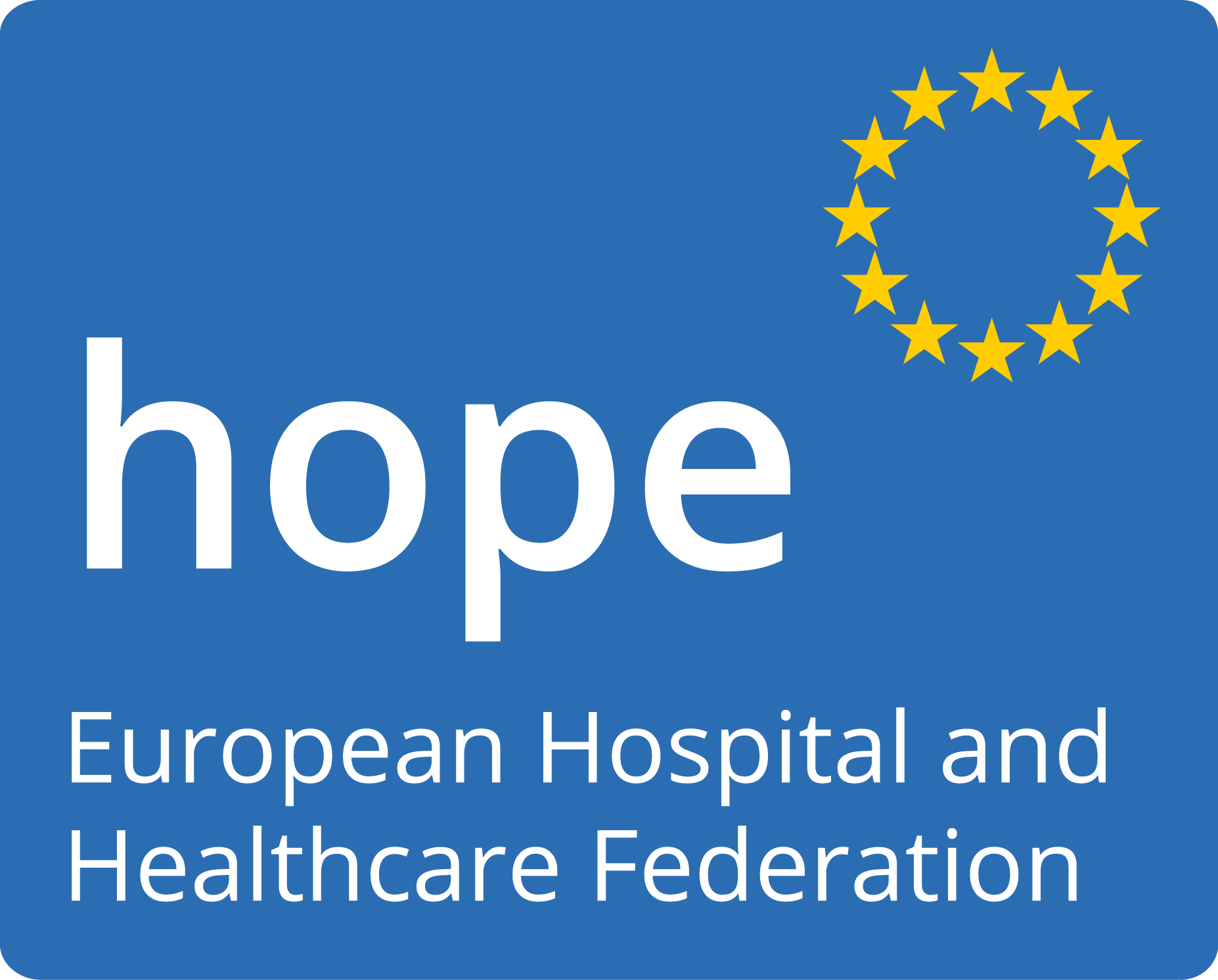
UPDATE
On 20 September 2018, HOPE attended the first Innovative Partnership for Action Against Cancer (iPAAC) [website no longer updated] Stakeholder Forum organised in Brussels to present the Joint Action and its Work Packages, and to introduce the key deliverable: the Roadmap on Implementation and Sustainability of Cancer Control Actions.
The Stakeholder Forum brought together iPAAC’s collaborating partners (44 partners from 24 European countries), representing related projects and initiatives. These annual meetings briefed partners on project development and progress, provided input that could support the project, and exchanged views and comments on the various iPAAC deliverables.
The first session focused on Genomics in cancer control and care (Work Package 6 – WP6), with an introduction by Marc Van den Bulcke from Sciensano. WP6 built on previous joint action CanCon and the note on personalised medicine adopted by Member States. It developed a practical guide for Member States to deal with ‘direct-to-consumer’ testing, education, and training programmes on genomics for health professionals.
The Belgian example of a roadmap for the implementation of next-generation sequencing in clinical practice in oncology and hemato-oncology was presented. The next steps included providing other examples (e.g., Genomics England, SIENNA, etc.).
The second session focused on innovative therapies in cancer (Work Package 9 – WP9) presented by Muriel Dahan, French National Cancer Institute. This work package concentrated on multiple innovations, in particular, on immunotherapies and associated biomarkers dealing with the challenges linked to car-T cells. Further aims included mapping existing guidelines and reference frameworks, identifying and validating predictive biomarkers for response, resistance, and/or toxicity, and determining tools for real-life monitoring of innovative treatments. In addition, it was noted that Work Package 5 conducted a survey on perceptions and attitudes concerning prevention and screening at the European level. While Work Package 10 focused on governance in integrated care and comprehensive cancer care with the aim to develop practical instruments.
In the Commission’s concluding remarks, representatives set forth a set of expectations, which guided iPAAC’s final activities.
iPAAC concluded in 2020 and held its final conference in 2021.
About iPAAC
The general objective of the iPAAC Joint Action (JA) was to develop innovative approaches to advances in cancer control. iPAAC consisted of the further development of cancer prevention, comprehensive approaches to the use of genomics in cancer control, cancer information and registries, improvements and challenges in cancer care, the mapping of innovative cancer treatments, and governance of integrated cancer control, including a new analysis of National Cancer Control Plans.
This Joint Action focused on implementation, reflected in its key deliverable: the Roadmap on Implementation and Sustainability of Cancer Control Actions, which is meant to support Member States in the enactment of iPAAC and CanCon recommendations. iPAAC aimed to add value at the EU level by enhancing collaboration in the field of cancer with a comprehensive exchange of good practices, the successful implementation of different programmes, and the gradual reduction of the cancer burden in Europe and the world.
Additionally, iPAAC provided assistance in dealing with neglected cancers, through the development of new key indicators to assess clinical patient pathways and the healthcare-related costs of cancer and its interventions, particularly in the case of pancreatic cancer.
